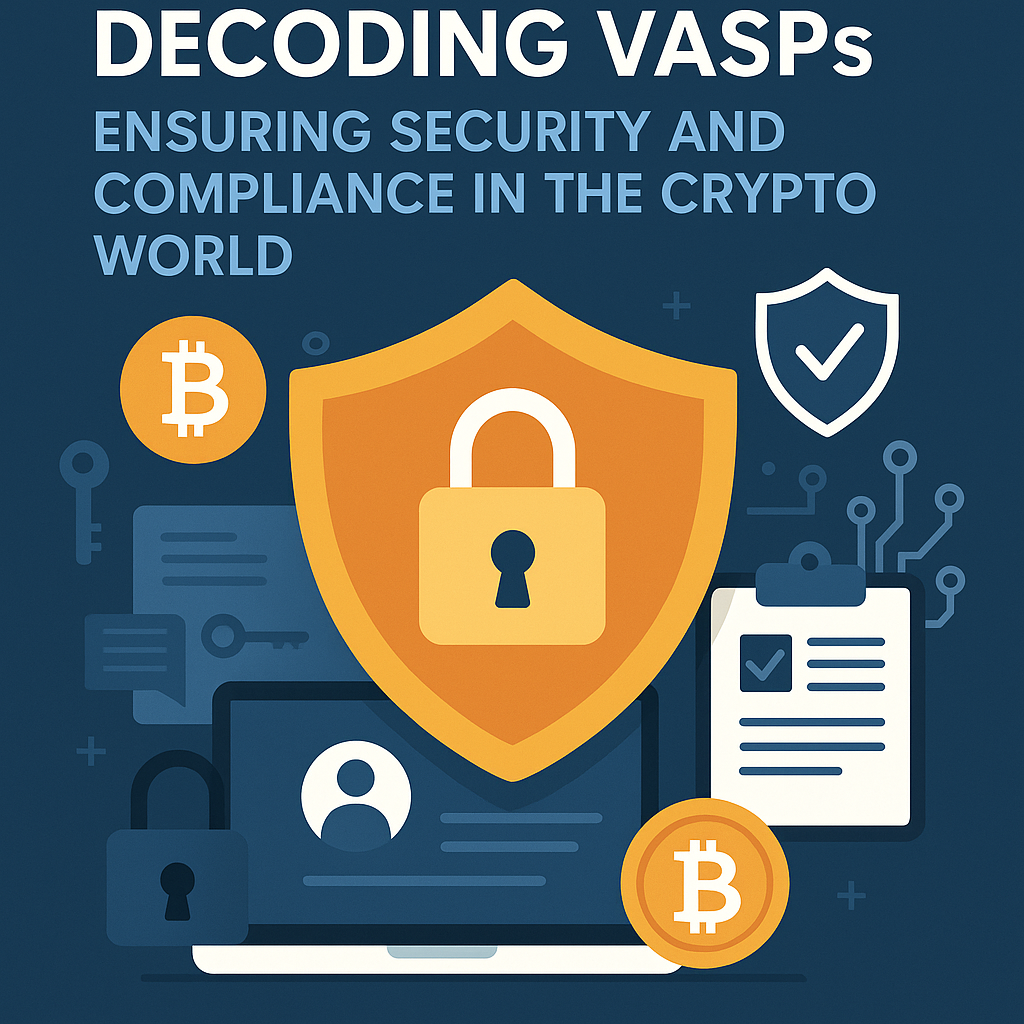
Virtual Asset Service Providers (VASPs) play a crucial role in the rapidly evolving cryptocurrency landscape. With the rise of digital currencies, the importance of security and compliance among VASPs has never been more pronounced. This article delves into the factors that underscore the necessity of security and compliance in the VASP ecosystem.
What is a VASP?
VASPs include exchanges, wallet providers, and other entities that facilitate the transfer, exchange, or storage of virtual assets. These providers must adhere to regulatory frameworks to combat financial crime, protect investors, and maintain the integrity of the financial system.
The Importance of Security in VASPs
Protecting User Data
Security breaches can have catastrophic consequences, not only for VASPs but also for their users. This is why implementing robust security measures, such as two-factor authentication and end-to-end encryption, is essential.
Safeguarding Financial Assets
Users trust VASPs with their investments. Ensuring the security of these digital assets is paramount. Regular audits and real-time monitoring can help identify suspicious activities before they escalate.
Compliance: The Backbone of VASP Operations
Regulatory Frameworks
VASPs must navigate a complex web of regulations across different jurisdictions. Awareness of laws such as the Financial Action Task Force (FATF) guidelines is crucial for compliance. Failure to adhere to these regulations can result in severe penalties.
Customer Due Diligence (CDD)
Implementing rigorous customer due diligence processes helps VASPs identify and verify users, reducing the risk of fraud and money laundering. This includes Know Your Customer (KYC) protocols that ensure the authenticity of user identities.
Related Searches
- VASP Regulations
- Cryptocurrency Security Measures
- Compliance in Crypto
- Virtual Asset Risk Management
FAQ
What are the primary risks associated with VASPs?
The primary risks include data breaches, regulatory non-compliance, and potential loss of user assets due to hacking attempts.
How can VASPs enhance their security measures?
By adopting multi-layered security protocols, conducting regular security audits, and employing advanced technologies like blockchain analytics.
What role does compliance play in VASPs?
Compliance helps VASPs operate within legal frameworks, mitigating the risks of regulatory actions while instilling trust among users.
Interview with a Crypto Compliance Expert
Interviewer: Can you elaborate on the challenges VASPs face concerning compliance?
Expert: Absolutely. One of the biggest challenges is the rapidly changing regulatory landscape. VASPs must stay updated with international laws while ensuring their operations align with local regulations. It requires significant resources and expertise.
Interviewer: How can VASPs simplify their compliance processes?
Expert: Leveraging technology can make compliance more efficient. Automated systems for KYC and transaction monitoring can save time and reduce human error. It’s about integrating compliance as a core aspect of the business model.
Conclusion
In conclusion, the role of VASPs is indispensable in the cryptocurrency realm. By prioritizing security and compliance, these providers can foster a safe trading environment that protects users and upholds the integrity of the digital financial ecosystem. As regulations continue to evolve, VASPs must stay ahead of the curve to remain viable and trusted players in this dynamic landscape.
#Decoding #VASPs #Ensuring #Security #Compliance #Crypto #World
